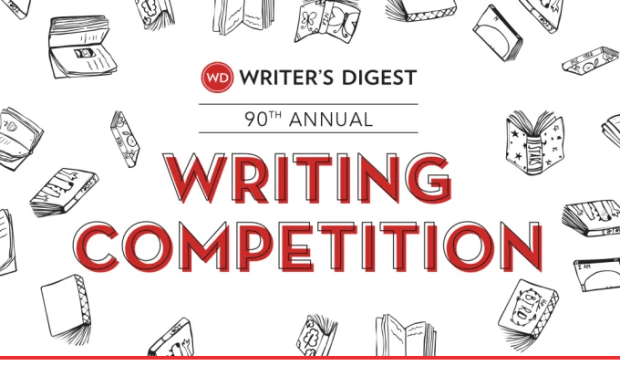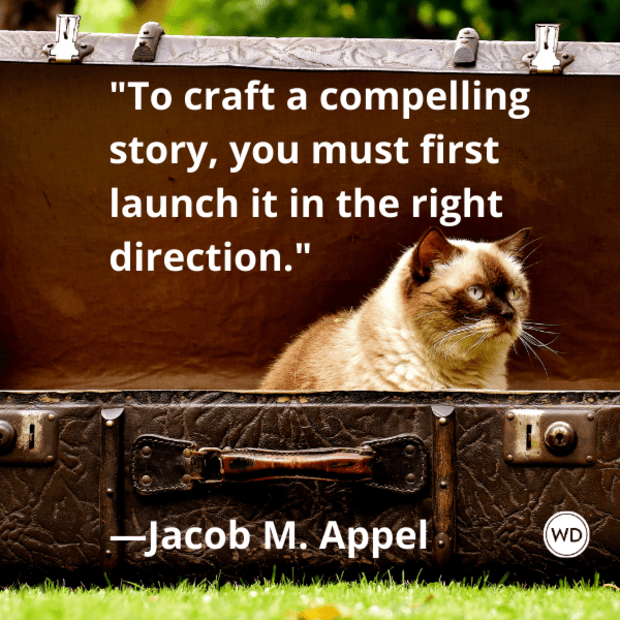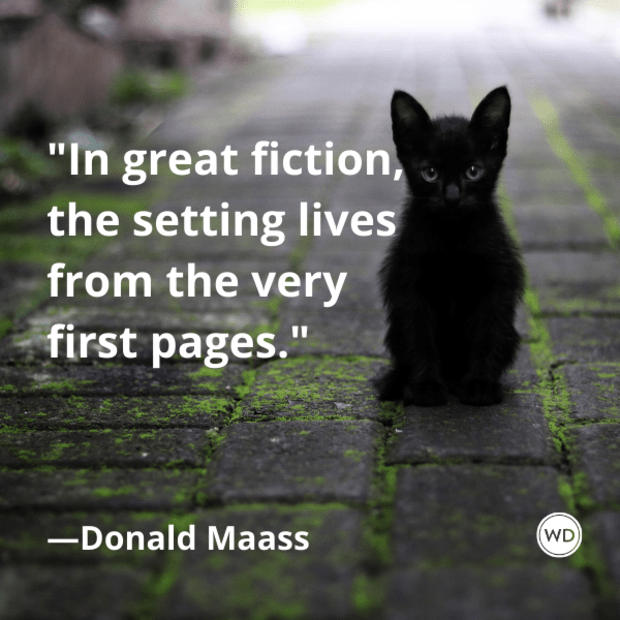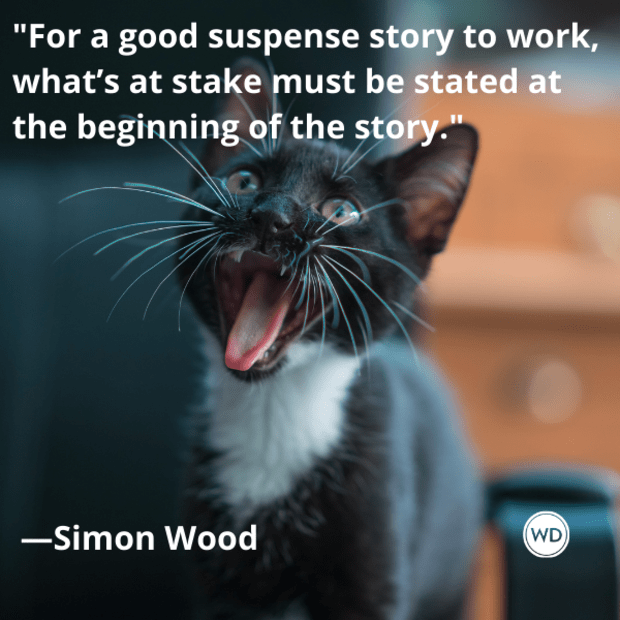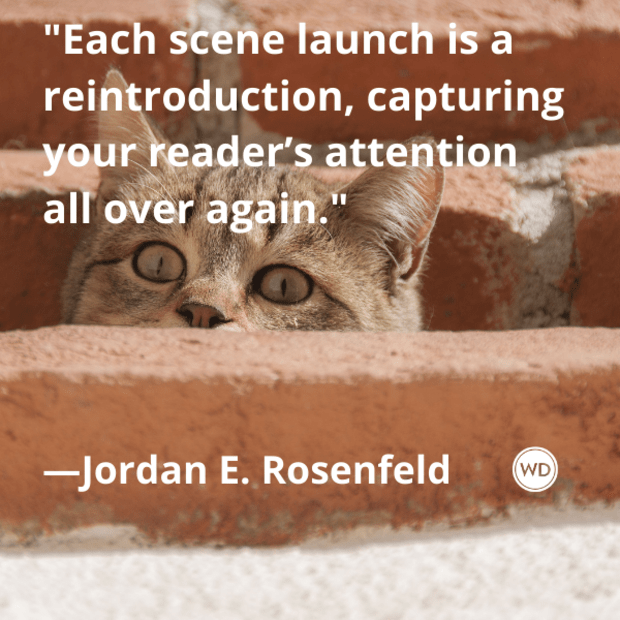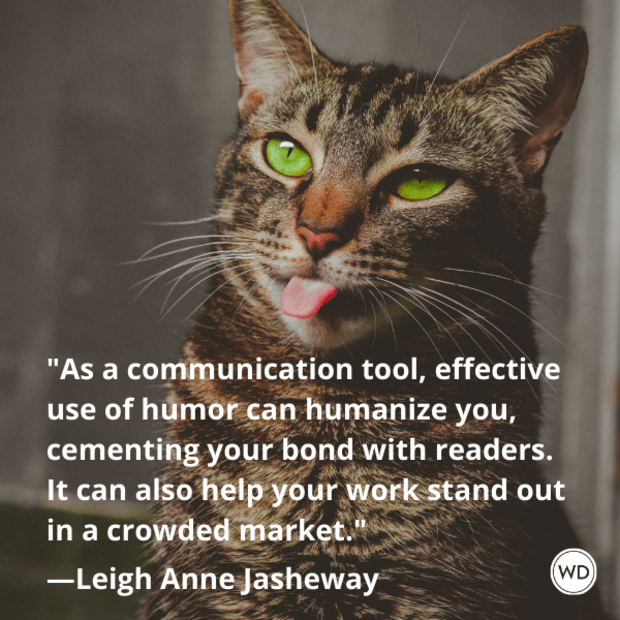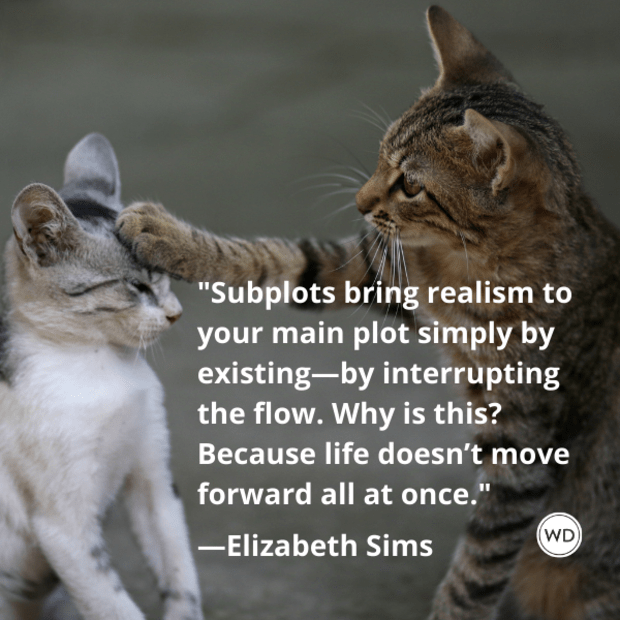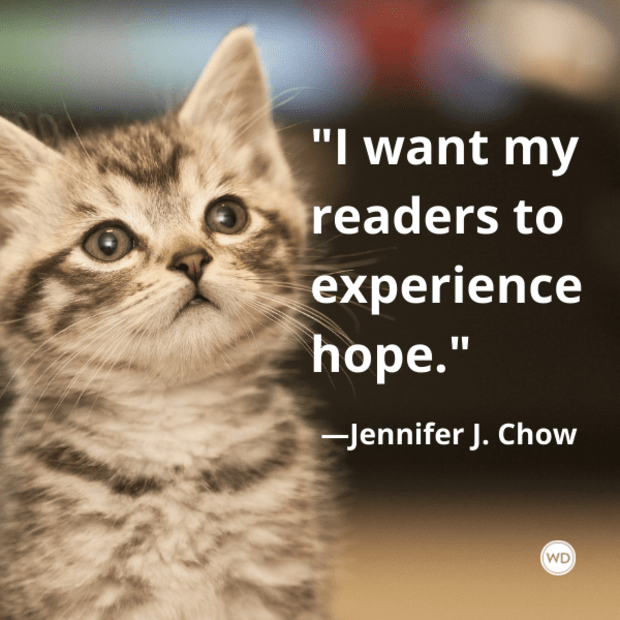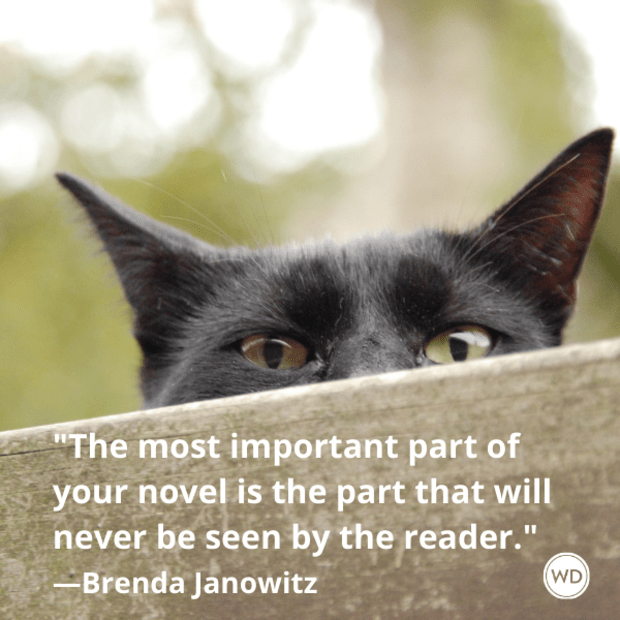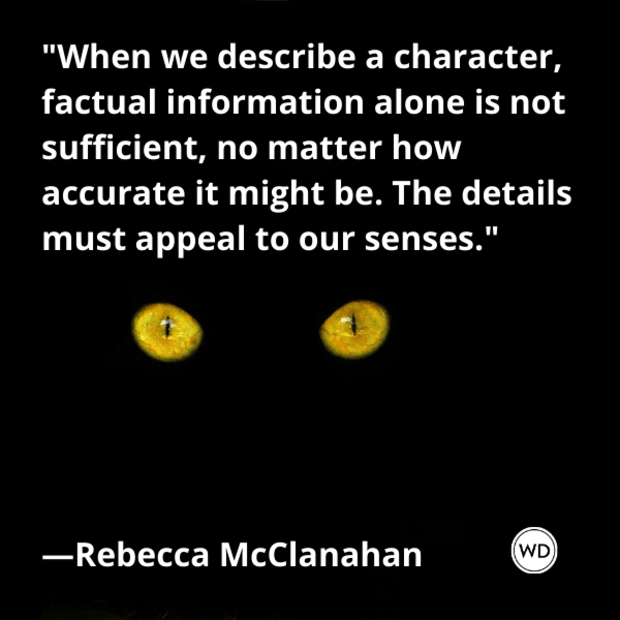It’s often in the morning that the want is biggest. The want is to wake up, lazy and horizontal, and have it. Currently I sleep in a big bed, next to a square window above a fig free, which looks out at the local high school, the 110 freeway, and the undeveloped hills in the park beyond. I used to wake up early, but lately – with the want – I sleep until the light is already bright. It doesn’t feel good waking up when the sun is already at work. I feel I’ve wasted something. I feel everybody has gotten going but me, that they are all up and living their lives.
The want that makes me sleep all the time is connected to a video I watch pretty often, of a young white man on his knees, in a nondescript hotel room with silver wallpaper and silver throw pillows.
The young man’s left hand is holding himself up and his right hand is cradling another young white man’s head. They both look like they’re about twenty-five. They both have brown crew cuts and hairless chests. The young man on his knees is thrusting his penis in and out of the other guy’s mouth. His dick is too big for him, in a way, and so are his hands. Like a puppy that trips over its own paws. The way he’s fucking the other guy’s face is sort of jerky. He’s doing it like he’s being watched, assessed, like he hasn’t done this much but he wants to seem like he knows what he’s doing. And he is being watched, originally by a camera, and now by me.
It looks like work. And it might be work, though the video is grainy, the camera never moves, and the young man on his knees turns the video on and off of himself. So it could be that these two guys just like recording themselves fucking and sharing it on YouPorn. It could also be that part of the product, which is to say part of the labor, is the possibility of authenticity. So that I can forget there was a before and after the video, or an outside during the scene, and I can take this young man as the neutral screen of white masculinity I need him to be in order to envy him for having a penis. I envy his effort, which I imagine demands total presence, and this envy is what fuels my watching of the video, again and again, at all hours of the day. I get to drain my body of all feeling, send my consciousness into the reality I project onto this young man, so I forget I have a body at all.
Truthfully, in the moment of watching, there is little speculation about the young man, who he is, and why he came to be on his knees, fucking another white boy’s mouth in a hotel room with silver accent pillows. The speculation comes after the fact, retroactively trying to make sense of and find the trouble in my fixations. In the moment, I just want to be the young man. Without the before or after, without an outside during. The wanting is its own total form of being. In the moment, it’s not a wanting that can be corrected; it lives inside me, on its own terms, without a fix.
///
At the beginning of the year, in New York, I met a handsome guy, my age, who I ended up kissing. We didn’t kiss for long, just while dancing. The small dance floor was packed – this was still in the time when strangers pressed their bodies together indoors – and we were surrounded by men. I tried to stay focused on him, but I kept looking around at all the other men, many of them shirtless, trying to understand them, imagining how they felt in their bodies while neglecting to feel my own. Later in the night, I went to get a drink and I saw him through the crowd, dancing while kissing another man, with biceps and a barrel chest. I felt disappointed, and it seemed embarrassing to be rejected by a man. Of course, he wasn’t rejecting me; it was the culture of the place, of this mode of gay masculinity, to kiss freely. My own feeling of being passed over proved, to me, my inability to participate authentically in this economy. To not just pass as but fully be a young man in the sea of men, like the young man on his knees. I often come back to what I do not have and, thus, what I cannot be.
What I thought about most after my night with the tall handsome guy, in addition to the rejection I manufactured to prove my lack, was something he’d said earlier in the night, when we’d first met. Before the club we’d been in a crowded bar, pressed in the back corner with friends. He and I drank cans of beer, which I rarely drink, but I wanted to show him something by mirroring him, or I wanted to feel like him, or alongside him, in some way. It seems to me that when I believe someone to be a man – my head knows you never know, and yet these imagined other manhoods do magnetize me – I either ignore him, befriend him or copy him. The latter two approaches motivated by the pursuit of data regarding what they are and what they have, in relation to what I may or may not be.
So we were sitting in the corner of the bar, and we started talking about how we each spend our mornings. ‘Well I have the house to myself right now,’ he said, ‘So lately I wake up, I lay in bed for a while, I jerk off, then finally I’ll go to the kitchen and heat up some old coffee in the microwave, then I’ll drink it.’
That’s all he said. He wakes up, he lies in bed, he jerks off, he heats up old coffee in the microwave, he drinks it. He wakes up, he lies in bed, he jerks off, he heats up old coffee in the microwave, he drinks it.
I hear him say it in my head, so quiet and casual and slow, barely audible because the bar is loud. I hear him say it for weeks, when I’m back in California, every morning when I awake in bed looking over the fig tree. I want to wake up, lie in bed, jerk off, heat up old coffee in the microwave, and drink it. Slow. Unproductive but delightful. I don’t need to look at pictures; I don’t need to think about much. It’s just a lazy relief. I come on my stomach, get up, wipe it off with toilet paper. I go to the kitchen, my dick not totally soft yet, and I take a mug off the counter, half full of yesterday’s coffee, put it in the microwave, heat it up, and then drink it. Without cream or sugar, even though it’s bitter. When I leave the house I leave the mug out on the counter and I don’t make the bed. My clothes are on the floor. The wad of toilet paper I used to wipe up my cum is in the trashcan next to the toilet.
In my fantasy of the other way of being alive – of having a cock I was born with, waking up alone, jerking off, wiping the cum off my stomach, drinking old coffee, lukewarm, and not making the bed – I feel only ease, sensation, and pleasure in the present.
But I always make the bed. And my coffee, I heat it up four, five, even six times, to keep on re-having the experience of the first, too-hot sip. I rarely leave the house without cleaning the mugs in the sink. If I leave in a rush and I come back to dirty mugs I notice myself feeling overwhelmed and frustrated, then I feel shame about the frustration passing through me, because it’s exactly the kind of thing my father gets frustrated about. In this life, so far, I am someone who turns the lights off before leaving. I get all the crumbs off the countertop after cooking, I push the chairs back into the table, and I make sure that books and papers are in symmetrical, square piles, instead of scattered around.
I miss the other version of me. How can a person miss someone they never were? How can a person miss something they never had? How can the other way seem so complete, as if it once was, as if it’s what I was, and then I lost it?
Approximations of the thing I want only aggravate me further. For a while I was trying to pack. I had a beige, flaccid penis and balls to put inside my underwear. It was squishy and it grew warm from my body heat. It was hard to keep it in, unless I wore tight underwear, because it popped out like a water balloon. I experimented with wearing it to coffee shops, to the post office, to Staples and Home Depot, to a party. When I felt no one was looking I brushed my hand over my groin.
In his diaries, Lou Sullivan[1] writes a lot about sucking men dry. As if their cocks are hoses and he wraps his mouth around them and sucks and sucks and sucks until they’re empty. He seems to have some immense pleasure and power in sucking other men empty. Every time he describes this – in a bed or on the street or in a movie theater or at a sex club – I read the line again, again, three or four or five times, watching the movie of the line in my head. I’d heard that phrase a lot in the past, in porn or in bawdy conversations, and it always disgusted me. But disgust is generally a marker of desire, at least for me, and so the more I read the phrase in Sullivan’s journals the more I could locate the envy underneath the disgust. Envy for his honest, extractive, bodily wish; envy for the men on the other end. After that, wearing the flaccid dick felt disappointing, painful even. Because nothing came out. Nothing from inside of me was ever going to come out.
Soon after I read Sullivan’s diaries, I drove up to Stanford to visit a friend who was there for a few weeks doing research while staying with an old professor. Reading Sullivan’s diaries, I’d learned that he underwent phalloplasty, or penile constructive surgery, through the clinic run by Stanford’s Gender Dysphoria Program. Founded in 1968, the clinic pioneered the technology behind modern gender-affirming phalloplasty, the first medical program to make the surgery widely available.[2] This connection gave my trip some thematic resonance, and I walked around the rainy campus my first day there looking at the wet colonial buildings and manicured gardens imagining that I was there not to learn, or study, or see a friend, but to gain a penis.
I decided I’d visit the clinic’s archives while I was there, and mentioned this plan to the professor we were staying with, over coffee in the parlor of his small stucco bungalow, part of the university’s faculty housing. The professor studied and taught the history of gay memoir, and was curious what questions drew me to the clinic’s archive.
I said that I was interested in the history of phalloplasty, more specifically, how the medicalization of trans identity – the invention and management of certain procedures – creates the bodies we long for. I also said that I was interested in how colonial science and eugenics shaped the evolution of phalloplasty, creating a prototypical constructed penis rooted in white supremacist ideals of the gender binary. Those stated interests were true, at least in the realm of thought. And, yet, they did not account for my basic and bodily wish to go deeper into the lives of people who had done something I was both scared of and wanted for myself. I wanted the gory details of the surgery, voyeuristic, clinical descriptions of their genitals before, during, and after. I wanted to imagine myself as one of the patients.
At the archive, a fluorescent-lit reading room in the basement of a brutalist medical school building, I shared a similar, historically motivated pitch with the archivist, who set me up in front of a thick folder of loose papers. I read documents from the clinic’s early days: letters from the founding doctors requesting funding from the university for their research, transcripts of lectures, local reporting on the clinic’s early patients. The early documents largely supported the account that the clinic was established to perform ‘corrective’ surgeries on transsexual patients, whose condition, doctors believed, could not be fixed or suppressed. Surgery, then, was a form of risk management; the best solution to the unsolvable psychopathology of the transsexual.[3]
A few years into the chronologically ordered stack of papers, I found documentation of a grading system, used to tabulate the degeneracy of clients before and after treatment. ‘A’ meant not degenerate, ‘D’ meant very degenerate. The intent was to prove that full sex transition – sex ‘reassignment’ surgery – and ultimately passing successfully, reduced the total degeneracy score across multiple categories, ranging from employment, to economic status, to education. ‘Prostitution’, ‘arrests’ and ‘orgasm’ were also categories. For example, in the economic category, ‘poverty level or below’ was graded with a ‘D’, and making $8,000 a year or more was graded an ‘A’. Under education, ‘Less than High School’ was a ‘D’, and ‘more than BA’ an ‘A’. Arrests were a simple binary: ‘D’ for yes, ‘A’ for no. The same went for orgasm (it was good to have had one). Participation in sex work garnered the lowest marks; ‘seldom’ got a ‘B’, and ‘never’ an ‘A’. Tables of data at the end of reports affirmed that nearly all patients’ grades had improved over the course of the clinical sexual reassignment process.
I tabulated my own grades on a piece of scrap paper I’d brought in for notes. My class status and related college degree, gave me an automatic ‘A’ in education, and while I had never scored an economic ‘D’, my annual income has declined since starting hormone replacement therapy. I did get better grades in certain categories in the aftermath of my medical transition: less drug use; a stable, largely monogamous relationship; better relations with family and friends. Under the category ‘Emotional’, where I chose ‘lost and confused’, I had a steady ‘C’. Not failing marks, but not necessarily passing either. Hormone replacement therapy and a double mastectomy had not improved my grade. My process, in the eyes of the Stanford grading system, was incomplete.
As much as modern phalloplasty had developed as a means for people to become themselves, these documents also indicated that it was also the doctors’ way of taking perverts, inverts, and degenerates and turning them into approximations of ‘real men’. The men, the doctors imagined, would hold steady jobs, would wear ties, would play football for fun and marry women as prototypically feminine as they were masculine. The doctors, if all went according to plan, would build cocks as upstanding as the men. Cocks not dissimilar from the long, straight, circumcised white one I imagine for myself.
Why do I want the cock I want? Where did the cock come from and why is it so big? Will it ever be satisfied? If not, will it ever go away?
///
When I’m in my bed, replaying what the man I kissed said, or watching the boy in the video’s effort, I’m imagining having a body I feel and, in turn, am present in my life, am in some way more alive, as if aliveness is a quality one can have more or less of. As if my current aliveness is deficient and diluted and the other life, the life of someone with the cock I imagine, is saturated with existence. And I know, in my thoughts if not in my heart, that some part of what keeps me feeling deficiently alive is the sense that someone else, out there, with a thing I don’t have, is alive in a way I’ll never be.
I used to want a flat chest. Then I had a flat chest and I wanted a low voice. Then I had a low voice and I wanted facial hair. Then I had some facial hair and I wanted more body hair. So now that I look like a man, I think if I had a cock I was born with I wouldn’t need to look so much like a man anymore. The want moves. It keeps moving. Procedures and treatments, they help me train the want, try to pin it down, but it travels into other parts of my body, creates imaginary futures based on projections of what other people have. It’s the want, so skillful at training itself on what I lack, that keeps me incomplete.
What, in the plainest, descriptive terms, do I want? A tube or a flap of skin, matched to the rest of my skin, which fills with blood when I’m turned on or excited, when I wake up, that I can hold in my hands, wrap two fists around, put inside the mouths or holes of others. An appendage that extends me, that’s soft and curled at times, rigid at others, which communicates something about my interior condition without my consent, to the world. Is this an accurate description of what I want? Don’t I know better than to think the thing I want is real, that it’s anything more than a symbol of something imaginary that I’ve absorbed from pornography and classical statues and starburst-colored plastic prosthetics sold in stores?
The feeling – the wanting, the missing, the mourning – it happens when I’m cleaning the dishes, sweeping the corners, brushing dead leaves off the front steps. When I experience the want as an intruder, something taking me over, the feeling is sharp and nauseating. I’ll lie in my bed, in the late afternoon, scrolling through clips on Pornhub, thirty seconds at a time, just looking for shots of men’s faces in the seconds before ejaculating. Clips that best capture what I imagine it’s like to be about to come, to be about to shoot your load, to be about to get what you want. And I, in my non-embodied longing for someone else’s desire, don’t want to see the dick or the hole, or the face of the one with the hole, or the desperate slobbering mouth on the dick, or the solitary hand on the dick, I want to see the Face of the One with the Dick, jaw clenched or eyes rolling back, mouth open or teeth on lips, shaking, a complete fucking baby. Then coming. Then getting the thing, the one thing, they want. I imagine if I could come like that I would get to be the kind of child I never was: one who demands things, screams and cries when the demands aren’t heeded, sleeps happy and peaceful when they are. Call that a child or a man. Either way, I’d like to know the feeling.
In glimpses, when I can honor the want for what it is, I acknowledge the fact that whatever I want lives nowhere but inside of me. But often, most often, this want exhausts me, with its chronic, searching unfulfillment.
Why do I want what I want? Where did my want come from and why is it so big? Will it ever be satisfied? If not, will it ever go away?
And then it is the morning, and it’s bright, and it’s hard to wake up, but I do. I make the bed, neatly fold my pajamas, slide into my underwear (which are all Hanes and either red, blue, black or grey), pull up my socks (which are all black with a yellow line at the bottom), step into one of my four pairs of jeans, pull on one of my six T-shirts, clean my glasses with a polka dot glasses cloth, and go downstairs to make coffee, which I reheat many times. I make the bed and I make coffee, and I go on with my want.
Image © Several Seconds
[1] Lou Sullivan was a white, gay-identified trans activist and writer. He died in San Francisco in 1991 after spending much of his life in pursuit of social and medical recognition for trans people, in particular trans people whose sexualities defied the norms of heterosexuality. His selected diaries, We Both Laughed in Pleasure, edited by Ellis Martin and Zach Ozma, were published in 2019 to widespread acclaim.
[2] Sullivan’s phalloplasty application was originally rejected by the clinic due to his homosexuality, which doctors believed delegitimized his claims of manhood. He later successfully petitioned the clinic to perform the surgery, pushing them to expand their assessment processes to include gay-identified trans people.
[3] This is not to say that early patients of the clinic didn’t have agency in navigating and maneuvering their way through the clinic in order to gain the outcomes they wanted. This condensed interview with Sandy Stone and Jamison Green, both of whom were patients of the Stanford clinic, demonstrates as much.
The post The Want appeared first on Granta.













